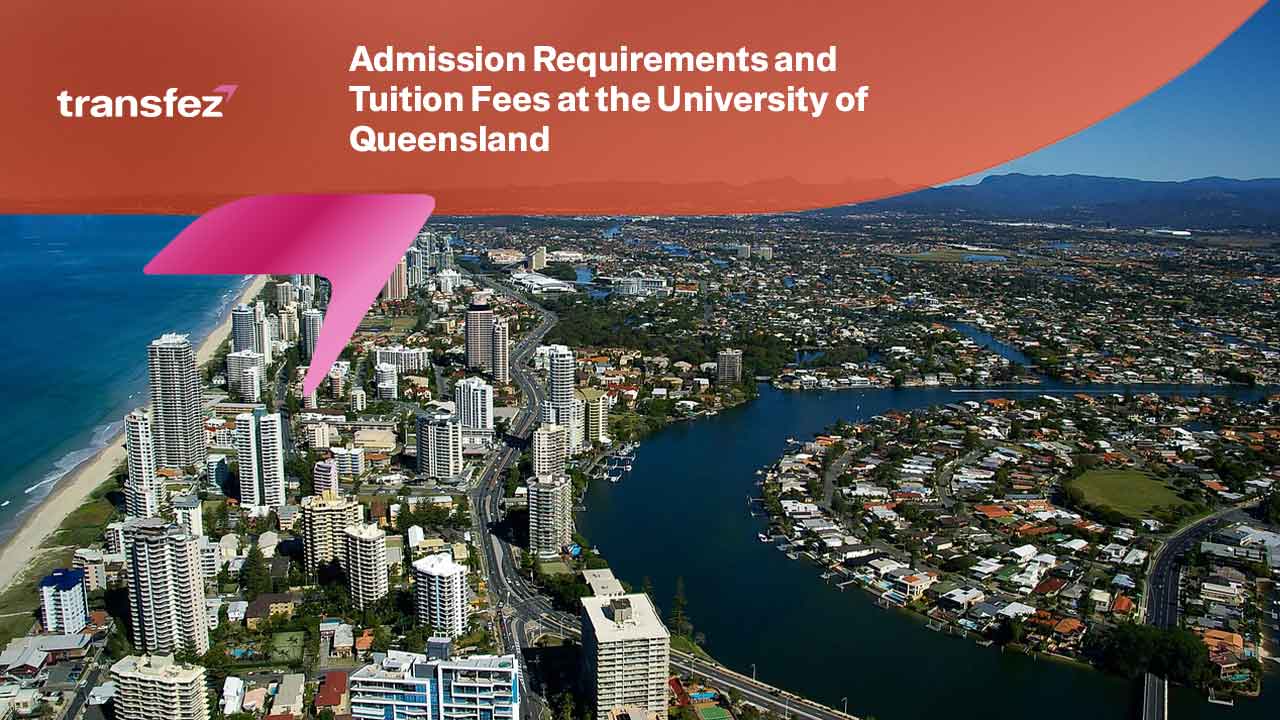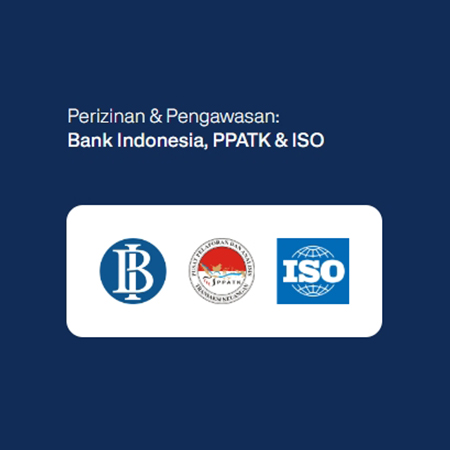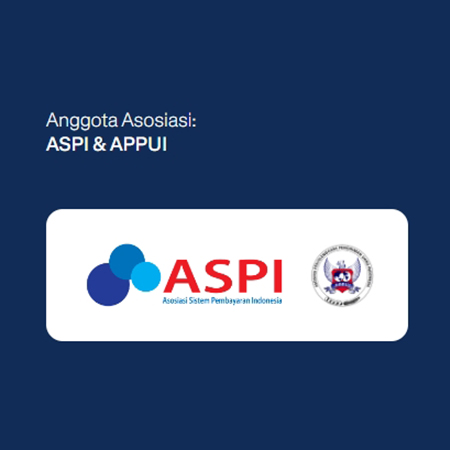
Tuition fees at the University of Queensland are an important consideration and preparation factor if you’re planning to pursue education at this institution, especially in a completely different environment. That’s why studying abroad requires both mental preparedness and a significant budget.
University of Queensland
Have you ever heard of a campus called the University of Queensland? This university is located in Australia and was established in 1911. With its high educational standards, the university is committed to the creation, preservation, and application of knowledge.
Roughly calculated, this university has been involved in education for a century. It has contributed to shaping world leaders. It’s no wonder that many prospective students aspire to study here. As of the latest information, the university has more than 35,000 undergraduate students and around 18,000 postgraduate students. It’s worth noting that the University of Queensland consists of multiple campuses, with its main campus located in Brisbane, Queensland.
The University of Queensland (UQ) has achieved several accolades, including being ranked 32nd in the world according to the CWTS Leiden Ranking 2018, 47th according to the QS World University Ranking, and more. Notably, the institution employs around 180 professors.
See Video How To Easily Send Money to 50+ Countries
Tuition Fees at the University of Queensland
Given that the University of Queensland is a prestigious institution in Australia, many are curious about the cost of education there, particularly for those graduating from high school and planning to pursue higher education.
1. Undergraduate Tuition Fees at the University of Queensland
As mentioned earlier, tuition fees at the University of Queensland vary depending on the chosen major. However, for a general estimate, for undergraduate students, the minimum budget would be $42,272. There are other regulations for international students, who may need to pay fees per semester.
For a detailed breakdown per semester, you should prepare around AUD 12,900 per semester. The University of Queensland offers 8 standard study units per semester. For more detailed information, you can consult professional educational agencies.
2. Health Insurance Fees
It’s no secret that international students are legally required to have health insurance. This is crucial given that you’ll be living and staying in a new environment. Health insurance is also a mandatory document when applying for a student visa. Prospective students can obtain it through government-trusted institutions. The cost varies.
3. Student Visa Processing Fees
Before becoming an international student, you must obtain a student visa first. It’s worth noting that processing this document takes some time. That’s why it’s essential to start preparing for your studies well in advance. To expedite your student visa issuance, it’s advisable to seek information from the Australian embassy, consulate, or educational agents.
Send Money Easily to Different Countries
How to Send Money to Hong kong
How to Send Money to China
How to Send Money to Malaysia
How to Send Money to Japan
Cost of Living While Studying at the University of Queensland
In addition to academic expenses, don’t forget to consider the cost of living while studying at the University of Queensland. Keep in mind that living expenses in Australia account for around 60% of the tuition fee itself. This can be quite substantial, considering you’ll need to cover various expenses such as accommodation, transportation, food, and more.
Especially if you’re residing in a major city, expenses will be higher. Roughly estimated, the total monthly cost for a University of Queensland student is around $1,500 to $2,500. In Indonesian rupiah, that’s approximately Rp 15 million to Rp 25 million per month. This is why it’s crucial to ensure sound financial preparation before deciding to study abroad. Regarding accommodation, the university provides quality housing options that also focus on enhancing students’ qualities. These residences are occupied not only by University of Queensland students but also by students from other institutions, allowing you to experience the university culture.
Admission Requirements for the University of Queensland
As a prestigious university, the University of Queensland has various requirements that prospective students must fulfill. It’s not just about documents; there are also tests to assess the applicant’s eligibility.
- IB Diploma 28: This requirement may vary depending on the specific major.
- TOEFL Certificate: Applicants must provide a TOEFL certificate with a minimum score of 6.0.
- IELTS: This test evaluates an individual’s English language proficiency in countries where English is the primary language.
Faculties and Majors at the University of Queensland
The University of Queensland offers 8 prominent faculties, along with 8 multidisciplinary institutes and over 100 research sites. Here’s a list of faculties and majors you can choose from for your education focus:
1. Faculty of Mathematics and Physical Sciences
This faculty encompasses various fields related to mathematics and science, ranging from Archaeology to Zeno’s paradox and from Algebra to Animal Science.
2. Faculty of Medicine
The University of Queensland provides a world-class medical faculty recognized internationally. The majors cover medicine, public health, and biomedical science. Additionally, there are 5 research centers associated with this faculty.
Use Transfez by Jack for your business needs
Download Transfez App
Transfez App can help you transfer money abroad more quickly and efficiently. Transfez Business can also help your business in making transactions abroad. For those of you who want to send money to relatives who are abroad because they are studying, working, or traveling, Transfez will be ready to help. This app is available on Android as well as iOS.
These are some pieces of information related to tuition fees at the University of Queensland. In addition to the two faculties mentioned above, there are several others, including the Faculty of Health and Behavioral Sciences, Engineering and Computing, Business, Economics and Law, as well as Arts and Literature.











